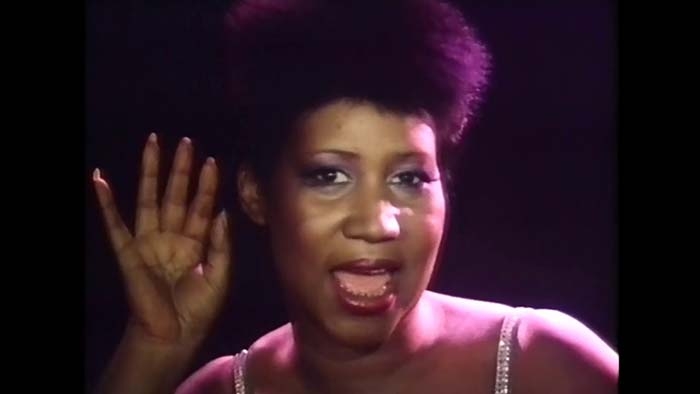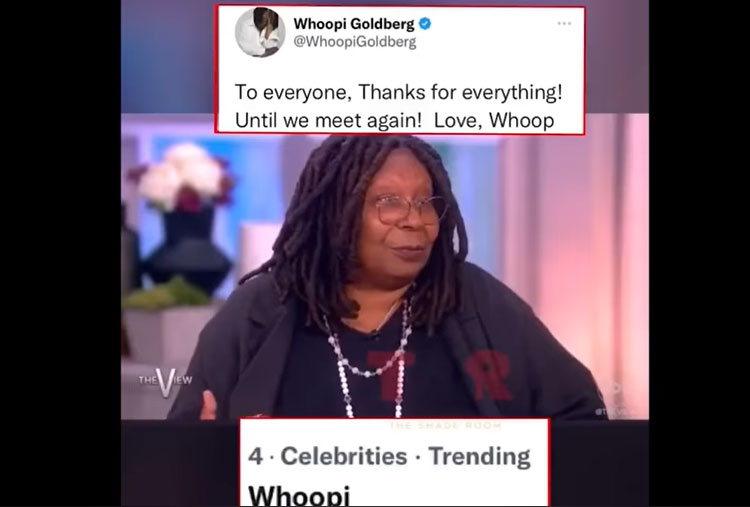
By Michael P Coleman
This column marks the first time I’ve ever written two pieces about someone who’s passed away. I published a “Remembering Aretha” piece last week, just after her death. The way this one hit me, I’m going to be a basket case if I outlive Diana Ross!
As we read about Franklin leaving this world without a will or trust, and about plans for a star-studded memorial service next week in Detroit, I had to share two Aretha-related experiences from the last week. I think the Queen Of Soul herself would love them, and I hope you will, too.
Last week, on the day Franklin died, I drove around town in a bit of a haze while listening to a variety of her music. Overall, I was trying to move through a tremendous, almost overwhelming sense of sadness. I found myself stopped at a red light, literally teary-eyed, as Franklin’s “Freeway Of Love” blasted from, no, not a pink Cadillac, but my silver Mustang convertible.
When I realized how loud my music was, I glanced over to the lane next to me to see whether I was disturbing anyone. The large, black Ford F-150 in the adjacent lane was being driven by a guy who looked like a ZZ Top wannabe, and his female companion was equally Duck Dynasty-esque. Two pairs of dark sunglasses separated their eyes from mine as they glared down at me. Just as I reached to turn my music down, I noticed the pair was swaying back and forth in time to my music, and singing “Freeway Of Love” along with Aretha and me.
The driver then smiled and gave me the thumbs-up, instead of the finger I had feared he’d give me. At that red traffic light on Folsom Avenue in Sacramento, Aretha Franklin bridged racial, cultural, and generational divides, much as she did throughout her six decade career.
The next morning, I ordered Siri to play Aretha again, but unlike the day before that I’d spent with Franklin’s secular music, I decided to start the day with the apex of her gospel career — and quite possibly the best gospel album ever recorded — 1972’s Amazing Grace. Instead of shuffling the tracks, I decided to listen to the album from beginning to end. The project’s first track? “Mary, Don’t You Weep.” The rest of that lyric? “And tell Martha not to moan.”
Franklin may as well have sung “Tell MICHAEL not to moan.” Even after she’d transitioned to the next realm, soul’s undisputed Queen and the Southern California Community Choir assured me that everything would be ok, By the end of that album’s first track, I was smiling — for the first time in over 24 hours.
This morning, over one week after Franklin’s death, I finally managed to listen to some music that wasn’t hers. I started with Mac Miller’s new album, then moved on to Janet Jackson, then a little Whitney Houston, which reminded me of her duet with Franklin, “It Isn’t, It Wasn’t, It Ain’t Never Gonna Be.” It’s one of those songs that would have been completely forgettable in the hands of a lesser artist. As a matter of fact, Houston’s ad libs near the end of the track are painfully unlistenable.
But Franklin shines on it, and before long, I found myself back on that “Freeway Of Love,” playing Aretha and singing and dancing around the house as I got ready for work. But unlike the somewhat sad day last week, I dropped the top, baby, and cruised on into that better-than-ever street.
RIP Aretha Franklin, thank you, and long live soul’s most gracious Queen.
Connect with Sacramento-based freelancer Michael P Coleman and Coleman Communications at michaelpcoleman.com, or or follow him on Twitter: @ColemanMichaelP.







